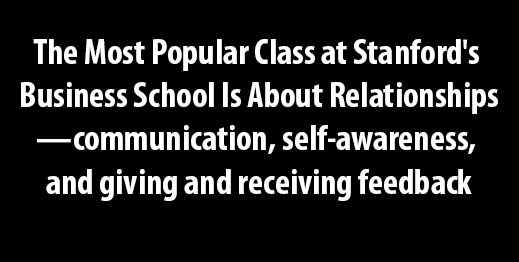Talent management experts often compare companies to complex, living organisms. Green thumb or not, most individuals can understand that in order to grow, a seed must find a home in solid soil, be watered regularly, and be nurtured. They must adapt and weather storms and defend themselves against predators. With enough care and devotion, those plants will flourish and become an important part of a colorful, diverse garden. Continuing with the garden metaphor, I find the Marigold Effect is a powerful way to illustrate the impact each individual has on the organization’s culture.
Coping with the Open Office Plan
The verdict is in. Open office plans are a trendy disaster. Before we dive into how to engage your teams in spite of their office environment, let’s explore what we’ve learned in the past decade. Thanks to a number of Silicon Valley giants who boasted about their innovative office floor plans, the fad to dissolve the existing cubicle/structured office design really took hold in the early 2000’s. Organizations worldwide took notice and sought to replicate the cost savings, modern look, and casual vibe pioneered by Google, Facebook, Netflix, etc. The term “open office design” includes several variations including assigned workspaces … Read More
Getting a Training & Development Diagnosis
At least once a week, I receive the following phone call: “Hi there, we need to do some training in our organization, can you help with that?” The request seems like the start of a great conversation, but then it derails rapidly when I ask follow-up questions like “why” and “what kind of challenges would you like to address?” These shouldn’t be tough questions, but sadly, they often catch the prospective client by surprise. If medical doctors received the same kinds of requests leadership and team development coaches receive, it might look something like this:
The Most Underrated Leadership Competency
When we think about what it takes to be an effective leader, it seems the list of key competencies is exhaustive. Interpersonal skills, communication skills, resilience, drive, strategic thinking, courage, conflict management, integrity, learning orientation, adaptability, accountability, influence, creativity, financial acumen, and vision all rank high on the list of top competencies for leaders. We could easily triple the length of this list by brainstorming additional key competencies, and yet, we might never uncover one of the most crucial traits for a leader—self-awareness. Few would argue that self-awareness is unrelated to leadership success, but it rarely makes the top 10 … Read More
Knowledge Transfer Challenges for Virtual Teams and Independent Leaders
The importance of Knowledge Transfer is well-recognized across organizations. From on-boarding to promotions, succession planning and expansion, the success of every employee depends largely on the accessibility of critical knowledge and historical context. Well-documented systems can share what is done and how, but understanding why requires effective on-going communication between team members. Most organizations struggle to implement knowledge transfer systems, but they’re especially difficult to execute with two key groups: virtual teams and controlling managers. Before we dive into the specific challenges for those two groups, it’s important to understand the foundation of any knowledge transfer strategy. For knowledge transfer … Read More
Five Qualities More Important than a Degree
If you Google the phrase “a Bachelor’s Degree is…” the first two autocomplete options are “…is worthless” and “…is not enough.” While these two choices seem mutually exclusive, the truth is they’re not. And they’re both accurate. I worked my way through grad school as a recruiter and experienced first hand how often hiring managers overemphasize the need for a Bachelor’s Degree. More often than not, there were no work tasks that required any higher education whatsoever, let alone completion of the degree. When I pushed back on the requirement, what I often heard was that managers were looking for … Read More






